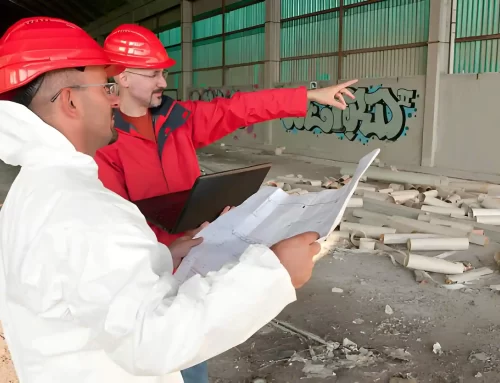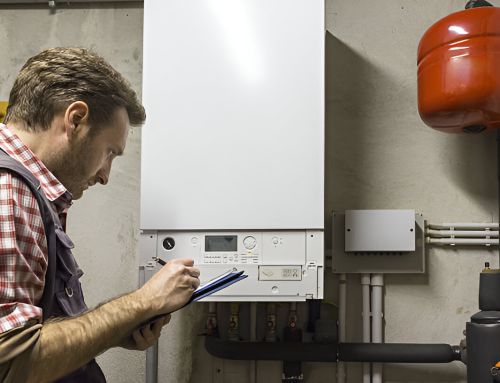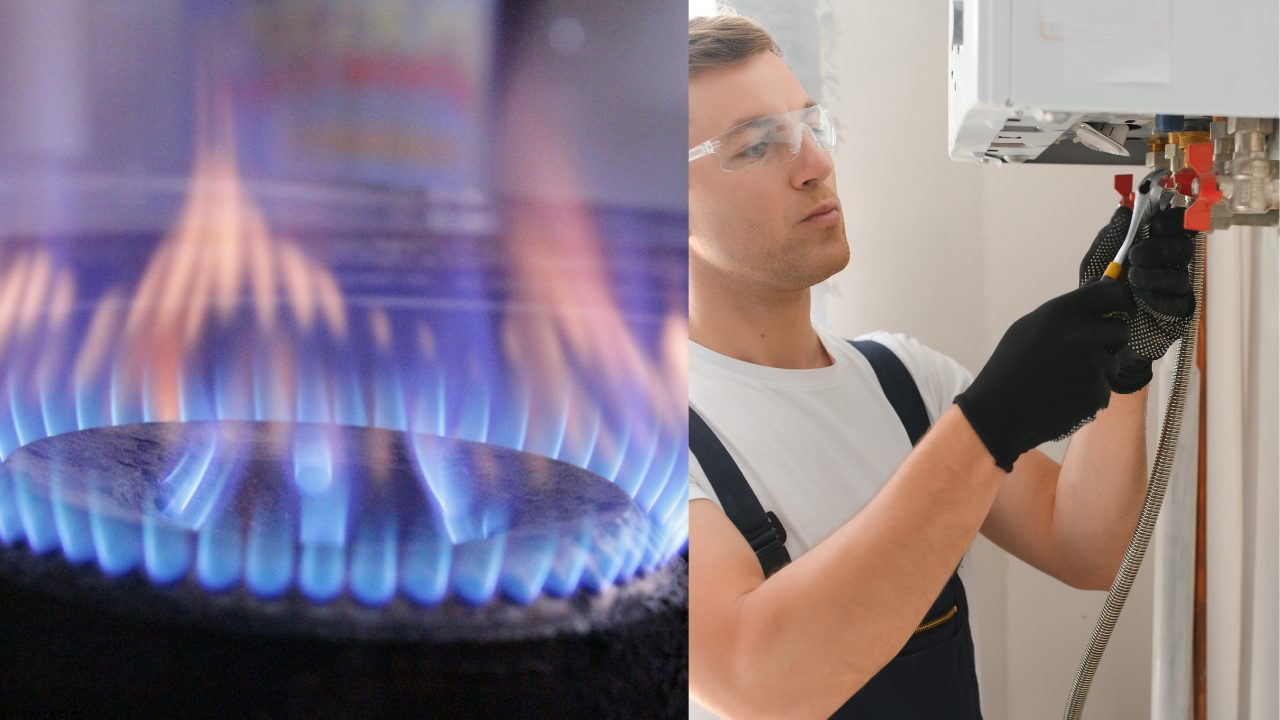
In discussing the distinctions between a Gas Safety Certificate and a boiler service, it is crucial to recognize that although both are pivotal in maintaining the safety and efficiency of gas appliances, they are fundamentally different in their objectives and execution. A Gas Safety Certificate primarily verifies the safe operation of gas appliances and is legally mandatory for landlords, whereas a boiler service is a comprehensive check that ensures the boiler is running efficiently and safely. This raises the question: can landlords or homeowners fully rely on just one of these services to ensure the safety and efficiency of their appliances? The implications of choosing one over the other deserve a closer examination. Let’s understand Is a Gas Safety Certificate the Same as a Boiler Service?
Understanding the Difference Between a Gas Safety Certificate and a Boiler Service
Distinguishing between a Gas Safety Certificate and a Boiler Service is crucial for maintaining both legal compliance and operational safety in your home or business.
A Gas Safety Certificate, legally required annually for any rental property, is a document that certifies all gas appliances, pipes, and flues in the property are safe to use and comply with relevant legal standards. This certification is conducted by a Gas Safe registered engineer and focuses on ensuring the safety and compliance of the gas system against statutory requirements.

Is a Gas Safety Certificate the Same as a Boiler Service?
In contrast, a Boiler Service, though often recommended annually, is not mandated by law but serves as a preventive measure to ensure the efficient and safe operation of the boiler. This service includes a thorough inspection, cleaning, and testing of the boiler and its components to optimize performance and extend its lifespan.
The engineer checks for wear and tear, replaces faulty parts, and ensures that the boiler operates efficiently and economically.
Each serves a distinct purpose: the certificate focuses on legal safety checks, while the service concentrates on operational efficiency and preventive maintenance.
Understanding these differences ensures that property owners can adequately address both safety concerns and efficiency optimizations.
What Does a Gas Safety Certificate Cover?
A Gas Safety Certificate comprehensively assesses the safety and compliance of all gas installations within a property. This certification, mandated by law for landlords and recommended for homeowners, is a critical document that ensures gas systems and appliances meet strict safety standards. A qualified Gas Safe registered engineer conducts this inspection and focuses on several key aspects to certify the installations’ integrity and functionality.
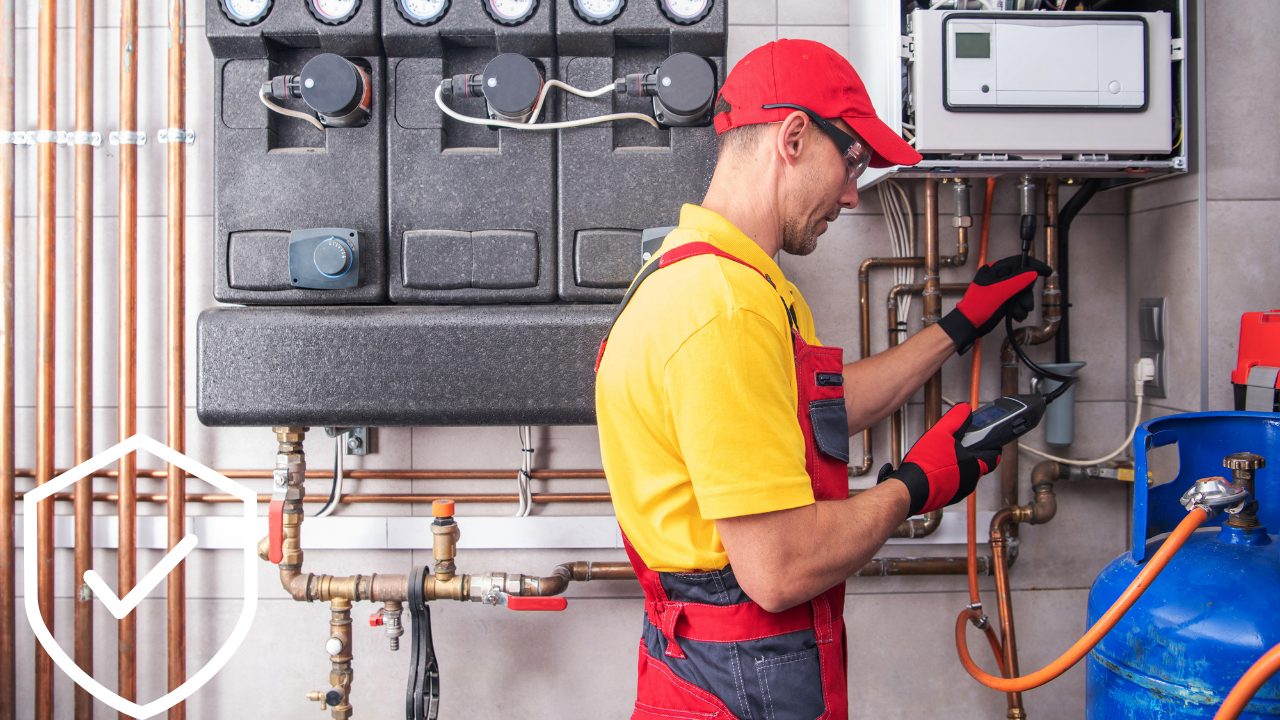
The certificate includes a thorough inspection of all gas appliances, pipes, and flues to ensure they are correctly installed, well-maintained, and operating safely. It checks for gas leaks and verifies that ventilation passages are clear and effective in preventing harmful gas buildups.
Additionally, the engineer tests the safety devices attached to gas appliances to confirm they function correctly, thus preventing dangerous situations such as carbon monoxide leaks.
The results of these inspections are detailed in the Gas Safety Certificate, documenting each appliance’s condition and highlighting any defects or issues requiring attention. Compliance with the latest safety regulations is verified, and non-compliance issues must be addressed promptly to ensure the safety of the occupants.
This certificate remains valid for one year, necessitating annual checks to maintain continuous safety compliance.
What Does a Boiler Service Include?
While a Gas Safety Certificate ensures the overall safety and compliance of gas systems, a boiler service focuses specifically on the boiler’s condition and efficiency. This comprehensive examination involves several critical assessments and adjustments to ensure optimal performance and longevity of the boiler.
Firstly, a visual inspection is performed to check for any signs of wear or damage. The engineer looks for corrosion, leaks, or improper installations that could compromise the boiler’s functionality.
Subsequently, the operational controls are thoroughly tested to verify that each component is responding correctly to user commands and safety settings.
Furthermore, the boiler’s internal components are inspected and cleaned. This includes the burner, heat exchanger, combustion chamber, and any connections and fittings. Such maintenance is crucial for preventing blockages and ensuring there is no buildup of soot or debris, which could lead to inefficiency or even carbon monoxide leaks.
The service also includes checking the integrity of seals and gaskets to ensure they are providing a complete and safe closure.
Why Both a Gas Safety Certificate and Boiler Service Are Important
Ensuring the safety and efficiency of residential or commercial heating systems requires both a Gas Safety Certificate and a comprehensive boiler service.
The Gas Safety Certificate, mandated by law, is a critical document that certifies all gas appliances, including boilers, are safe to use at the time of inspection. This certification is primarily about safety compliance, ensuring that all gas fittings and appliances are installed correctly and operating without leaks or dangerous faults.
On the other hand, a boiler service delves deeper into the health of the boiler system. It involves a thorough inspection and testing of the boiler and its components to optimize performance and efficiency. A boiler service checks for wear and tear, cleans vital parts and identifies potential issues that could lead to breakdowns or inefficiencies in the future.
Together, these procedures complement each other; the Gas Safety Certificate confirms safety at a basic compliance level, while the boiler service ensures ongoing operational efficiency and longevity of the system.
Skipping either could not only compromise the system’s performance but also pose significant safety risks. Consequently, responsible property management necessitates investment in both to maintain a safe and efficient heating system.
How Often Should You Get a Gas Safety Certificate and Boiler Service?
Regular maintenance, including obtaining a Gas Safety Certificate and having a boiler service, should be performed annually to ensure the utmost safety and efficiency of your heating system. This frequency aligns with both legal requirements and best practices for maintaining optimal performance and safety of gas appliances.
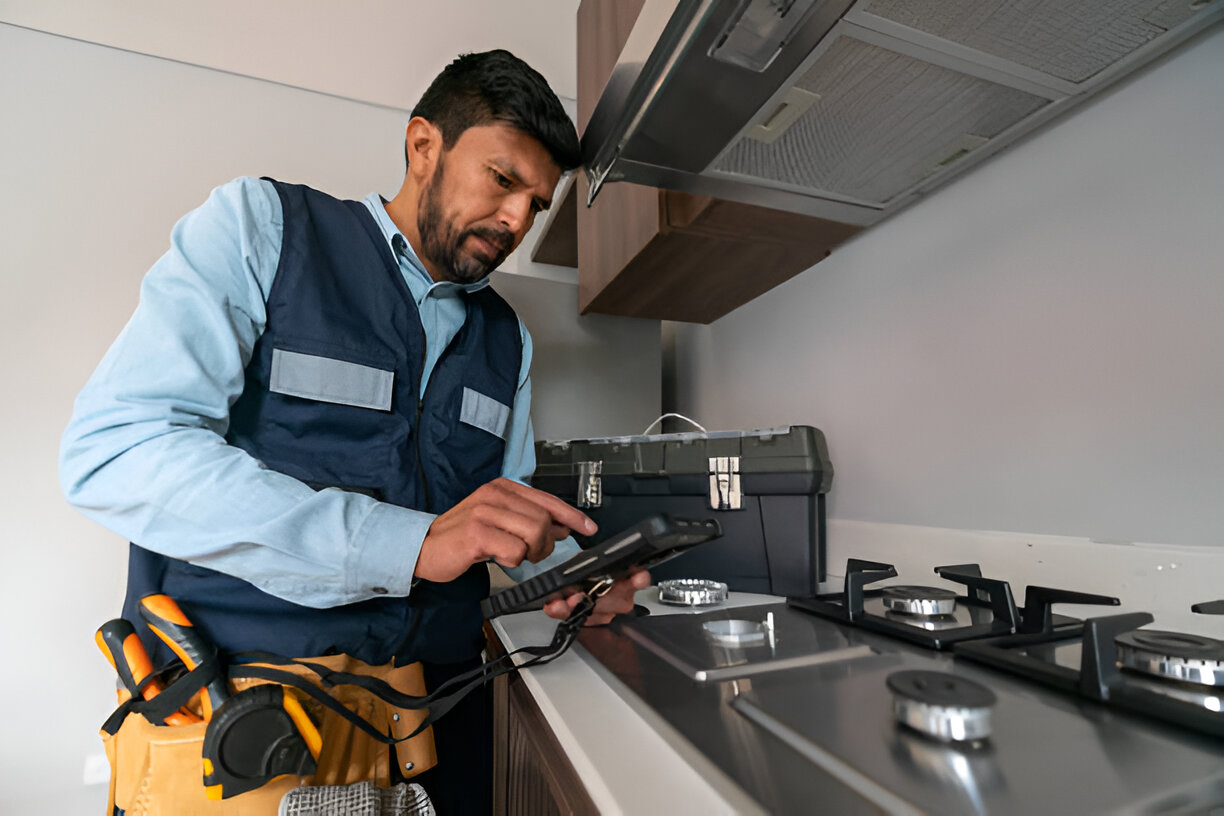
To elucidate the critical timing and procedures, consider the following:
- Legal Compliance: Landlords are legally required to obtain a Gas Safety Certificate every 12 months to comply with the Gas Safety (Installation and Use) Regulations 1998. This certificate must be provided to tenants within 28 days of the inspection and retained for two years.
- System Longevity: Annual boiler servicing helps in identifying wear and tear early, preventing costly breakdowns. Technicians check for corrosion, leaks, and the efficient operation of the boiler, which extends the life of the unit.
- Safety and Efficiency: Regular servicing includes the cleaning of boiler parts and the testing of safety devices, which ensures that the boiler operates safely and at peak efficiency. This prevents the risks of carbon monoxide poisoning and high energy costs.
Adhering to these guidelines not only ensures compliance with legal standards but also enhances the performance and safety of your heating system.
Can You Pass a Gas Safety Check Without a Boiler Service?
Passing a Gas Safety Check without a recent boiler service is technically possible; however, it is not advisable. A boiler service involves a thorough inspection and maintenance of the boiler system by a qualified technician who ensures that all components are operating correctly and safely. This service typically includes cleaning of key parts, checking for leaks or corrosion, and testing the efficiency of the boiler.
Without this comprehensive service, minor issues that might not be immediately apparent could be overlooked, potentially leading to safety hazards.
Although a Gas Safety Check primarily focuses on verifying the safe operation of gas appliances and installations, it does not encompass the detailed examination of internal boiler components unless a specific issue is evident during the check. For instance, a boiler could pass a Gas Safety Check if it shows no visible signs of malfunction or danger at the time of inspection.
However, undetected internal problems, such as a faulty heat exchanger or blockages within the system, could still pose significant risks.
Therefore, relying solely on passing a Gas Safety Check without ensuring regular boiler servicing can be misleading and might compromise the long-term safety and efficiency of the heating system. Regular maintenance remains critical to secure operation and compliance with safety regulations.
How to Ensure Your Gas Appliances Meet Safety Standards
To guarantee the safety and compliance of gas appliances, it is essential to adhere to established safety standards and regular inspection protocols. Ensuring that these standards are met not only promotes the operational efficiency of the appliances but also safeguards the well-being of occupants within the premises.
Key steps to ensure compliance include:
- Regular Professional Inspections: Engage a certified gas-safe engineer to conduct thorough inspections annually. These professionals have the expertise to assess the operational integrity and safety of your gas appliances, identifying potential risks and implementing necessary interventions.
- Adherence to Manufacturer’s Guidelines: Each appliance comes with a specific set of operational guidelines recommended by the manufacturer. Following these instructions meticulously not only enhances the longevity of the appliance but also ensures that it operates safely and within the prescribed safety norms.
- Immediate Repairs and Maintenance: Any signs of malfunction or deterioration in the performance of gas appliances should be addressed promptly. Delaying repairs can lead to safety hazards, including gas leaks and carbon monoxide poisoning.
Utilize only qualified professionals for such tasks to maintain high safety standards.
Conclusion
In conclusion, a Gas Safety Certificate and a boiler service, though interconnected, serve distinct purposes critical for the safety and efficiency of gas systems. Regular acquisition of a Gas Safety Certificate ensures legal compliance and public safety, while periodic boiler services enhance appliance performance and longevity. Both are essential in maintaining the operational standards of gas appliances, thereby safeguarding users from potential hazards and contributing to energy efficiency and cost-effectiveness in gas appliance management.
Our Pricing
| Our Gas Safety Certificate Prices |
|---|
| Gas Safety Certificate 1 Appliance £45 |
| Gas Safety Certificate 2 Appliance £55 |
| Gas Safety Certificate 3 Appliance £65 |
| Gas Safety Certificate & Boiler Service £74.99 |
Check Out Our Other Services
About the Author: LandlordCertificate
Related Posts
Get Social
Recent Posts
- Asbestos Management Survey London: Update Your Property Records
- Gas Safety Certificate London: Why Regular Checks Save Money Long-Term
- FRA London Explained: How a Professional Fire Risk Assessment Keeps You Compliant and Safe
- When a New Tenancy Requires Your EICR Certificate London Renewal
- Fire Safety Certificate London: Integrating Fire Alarms and Emergency Lighting


